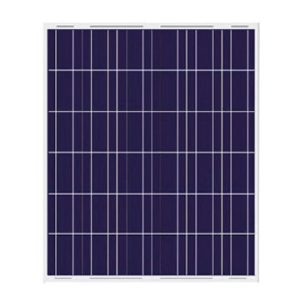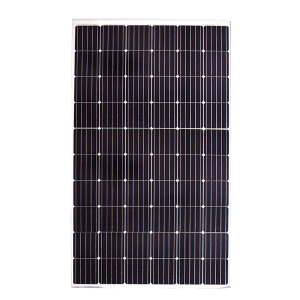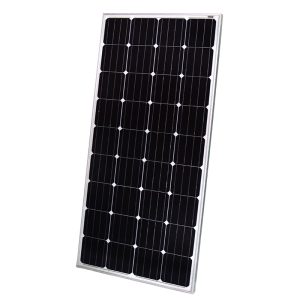Are you considering installing solar panels on your home? One thing to consider is the wattage of the panels. In this article, we’ll take a close look at 300 watt solar panels and what you need to know about them.
What are 300 Watt Solar Panels?
300 watt solar panels are photovoltaic (PV) cells that are designed to generate electricity from the sun. These panels can generate up to 300 watts of power under ideal conditions, which makes them an attractive option for homeowners who want to generate their own electricity and reduce their reliance on the grid.
How Do 300 Watt Solar Panels Work?
300 watt solar panels are made up of solar cells that generate electricity when exposed to sunlight. The panels are usually made of silicon, which is a semiconductor material that can absorb sunlight and convert it into electrical energy.
When the sunlight hits the solar cells, it knocks electrons loose from the silicon atoms, creating a flow of electricity. This electricity is then collected by wires on the panel and sent to an inverter, which converts the DC electricity into AC electricity that can be used in your home.
Benefits of 300 Watt Solar Panels
There are several benefits to choosing 300 watt solar panels for your home, including:
- High power output: With a power output of up to 300 watts, these panels can generate a significant amount of electricity for your home.
- Space efficiency: 300 watt panels are typically smaller and more compact than lower wattage panels, which means they take up less space on your roof.
- Cost savings: By generating your own electricity, you can save money on your monthly utility bills and reduce your overall energy costs.
- Environmental benefits: Using solar energy helps to reduce your carbon footprint and decrease your reliance on fossil fuels.
Considerations for Installing 300 Watt Solar Panels
Before installing 300 watt solar panels, there are a few considerations to keep in mind:
- Roof space: You’ll need enough roof space to accommodate the panels and ensure they receive adequate sunlight.
- Sun exposure: You’ll want to make sure your roof gets enough sunlight throughout the day to maximize power generation.
- Energy needs: You’ll need to evaluate your energy needs to determine how many panels you’ll need to generate enough electricity for your home.
- Installation costs: While solar panels can save you money in the long run, the upfront installation costs can be significant. Be sure to consider the costs and benefits before making a decision.
Conclusion
300 watt solar panels are an excellent option for homeowners who want to generate their own electricity and save money on their energy bills. By understanding how they work and the benefits they provide, you can make an informed decision about whether 300 watt solar panels are right for your home. Remember to consider your energy needs, sun exposure, and installation costs before making a decision.
What can a 300-watt solar panel power?
A 300-watt solar panel can power a range of devices depending on the amount of sunlight it receives. On average, a 300-watt solar panel can produce between 250 to 450 kilowatt-hours (kWh) of power per month, which is enough to power a small home or cabin. It can also power several small household appliances such as a refrigerator, laptop, and lighting.
How many 300-watt solar panels do I need to power my home?
The number of 300-watt solar panels needed to power a home will depend on the energy requirements of the home. A typical home in the United States consumes around 11,000 kWh of electricity per year. Assuming that a 300-watt solar panel produces around 3 kWh of electricity per day, it would take around 12-15 panels to generate enough power to meet the energy requirements of the home. However, the specific number of panels needed will depend on factors such as the amount of sunlight in the area, the orientation of the roof, and the efficiency of the solar panels.
How long do 300-watt solar panels last?
300-watt solar panels are expected to last for about 25-30 years, depending on their quality and the environmental conditions they are exposed to. Proper maintenance, including regular cleaning and inspections, can help ensure that solar panels last for their expected lifespan. Most solar panel manufacturers provide warranties that guarantee the panels will produce a certain amount of power for a specified period.



